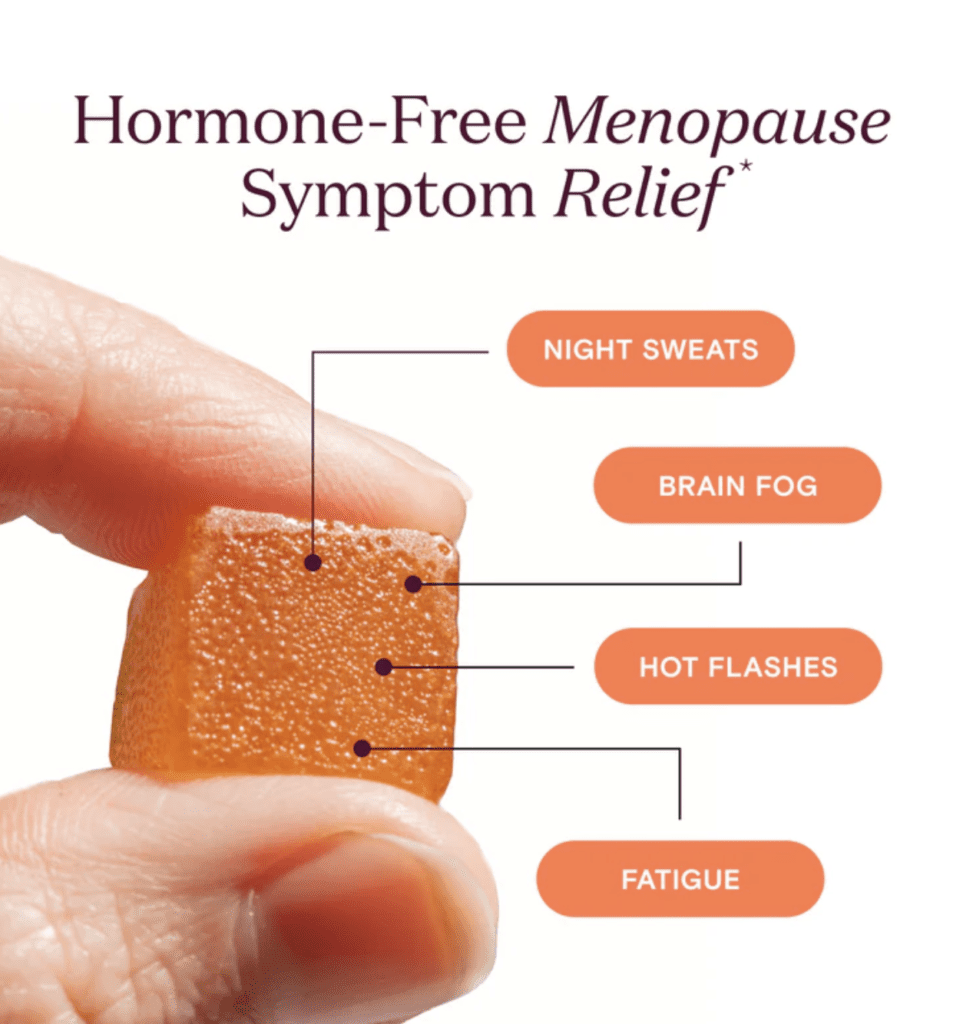Brain fog is a common symptom of menopause and can be caused by hormonal changes, lack of sleep, stress, and other factors. It may manifest as difficulty concentrating, forgetfulness, and trouble with decision-making.
Here are a few methods that could reduce menopausal brain fog.
Practice relaxation techniques – Techniques such as meditation, deep breathing, and yoga can help reduce stress and improve mental clarity.
Stay hydrated – Dehydration can contribute to brain fog, so make sure you are drinking enough water throughout the day.
Get enough sleep – Adequate sleep is essential for maintaining cognitive function.
Create a low-choice lifestyle – Plan your weekly meals in advance, buy outfits instead of separates to prevent daily fashion decisions, and make as many activities habitual as you can: go to the gym every Monday, Wednesday and Friday; pay bills on the 15th of every month, meet friends for dinner or a movie on Saturday; and clean the house on Sunday.
Exercise regularly – Physical activity can improve brain function and reduce stress.
Eat a healthy diet – A diet that is rich in fruits, vegetables, and other nutrients can help improve brain function and reduce brain fog.
Take breaks – Taking regular breaks can help prevent mental fatigue and reduce brain fog.
Consider hormone replacement therapy (HRT). HRT can help ease menopause symptoms like brain fog, but it’s important to talk to a doctor about the risks and benefits of HRT.
If you are experiencing persistent brain fog or other cognitive symptoms during menopause, it is a good idea to speak with a healthcare professional. They can help identify any underlying causes and recommend appropriate treatment.












